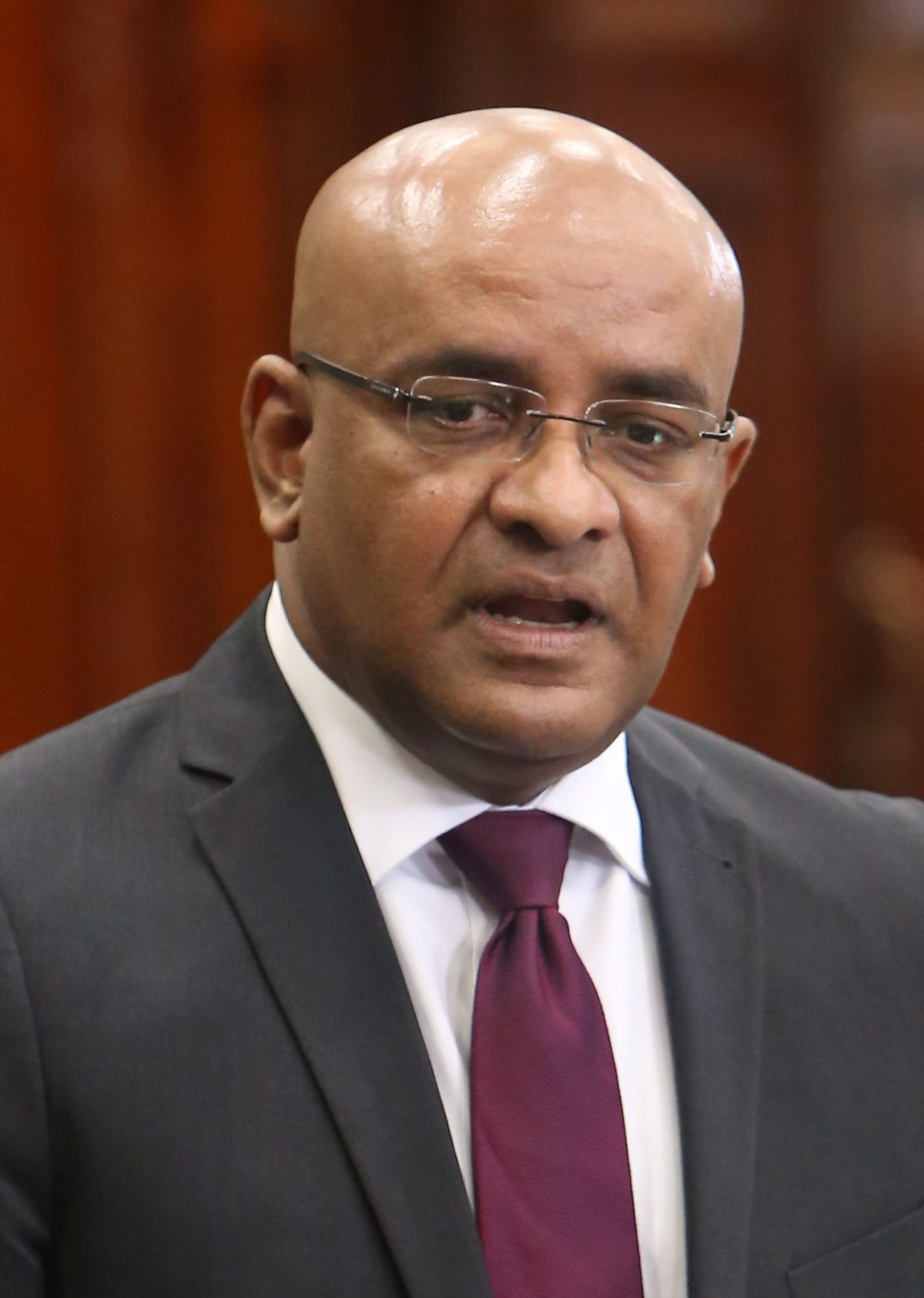The People’s Progressive Party/Civic administration has again signalled its intention to move to revise the existing contractual terms that obtain in respect of royalties “as part of a new Production Sharing Agreement (PSA) for future crude and gas projects” according to an August 17 Reuters news report.
Vice President Bharrat Jagdeo, who is widely regarded as the administration’s lead spokesperson on agreements pertaining to the country’s oil and gas industry, particularly those that have a bearing on Guyana’s takings from deals, going forward, is quoted in the Reuters report as saying that any new PSA will be tougher than the previous one negotiated by the Granger administration with ExxonMobil and that all of the deficiencies in the present agreement will be addressed.
A new PSA, Jagdeo is further quoted as saying could be ready “within six months.”
With the focus of national attention revolving around the optimisation of benefits to Guyana from its oil and gas resources, the Granger administration had attracted criticism over the manner in which it handled the renegotiating of the PSA with ExxonMobil back in 2016. Jagdeo, who, while as Leader of the Opposition, had been instrumental in sustaining the drumbeat of local criticism over the handling of the PSA, has persistently raised the issue as to whether the existing agreements afford Guyana a ‘fair shake’ insofar as returns from its hydrocarbon resources are concerned.
The August 17 Reuters report attributes to Jagdeo, a pronouncement to the effect that the country will be aiming to revise the existing contractual terms that obtain in respect of oil royalties and other contract terms as part of a new profit-sharing agreement (PSA) for future crude and gas projects which is currently “in its draft stage.” A new PSA, Jagdeo is further quoted by Reuters as saying, will be tougher than the previous one and that all of what he said are the deficiencies in the present contract will be addressed.
Meanwhile, the Reuters report also states that Guyana expects, this year, to install an energy regulatory body and is also scheduled to disclose the winner of a one-year contract to market oil recovered from the Stabroek Block.
Local commentary on Guyana’s returns from its oil resources has centred on whether or not, in terms of financial returns, the country is getting a fair deal. The Reuters report also alludes to the differences that have arisen over flaring at the Liza Project where the earliest lifts of crude are ongoing.
Critics and concerned citizens both at home and abroad wonder whether or not Guyana can secure a PSA that optimizes its returns from the sector and more recently, whether the country can be given iron-clad assurances from government with regard to the integrity of the arrangements for safeguarding the huge amounts which the country expects to receive from the sector. A few weeks ago the Stabroek Business published a story in which it alluded to likely concerns that could arise out of what is believed to be government’s favouring of what is felt to be a less-than-reassuring regimen employed by the Central Asian Republic of Kazakhstan for securing the country’s accumulated savings from its oil and gas sector.
While there has been talk here about an arrangement for safeguarding the country’s oil and gas funds that is free of direct government control, observers assert that it is unlikely that such an understanding can be reached in Guyana where there is little trust between the country’s two major political forces.
Vice President Jagdeo who, rather than the country’s designated Natural Resources Minister, is regarded as the country’s principal spokesperson on the oil and gas sector, has also been quoted as saying that in “any new arrangement that we [the incumbent political administration] negotiate for those [remaining] oil blocks, the conditions will be very, very different than the ones from the Stabroek Block.”






